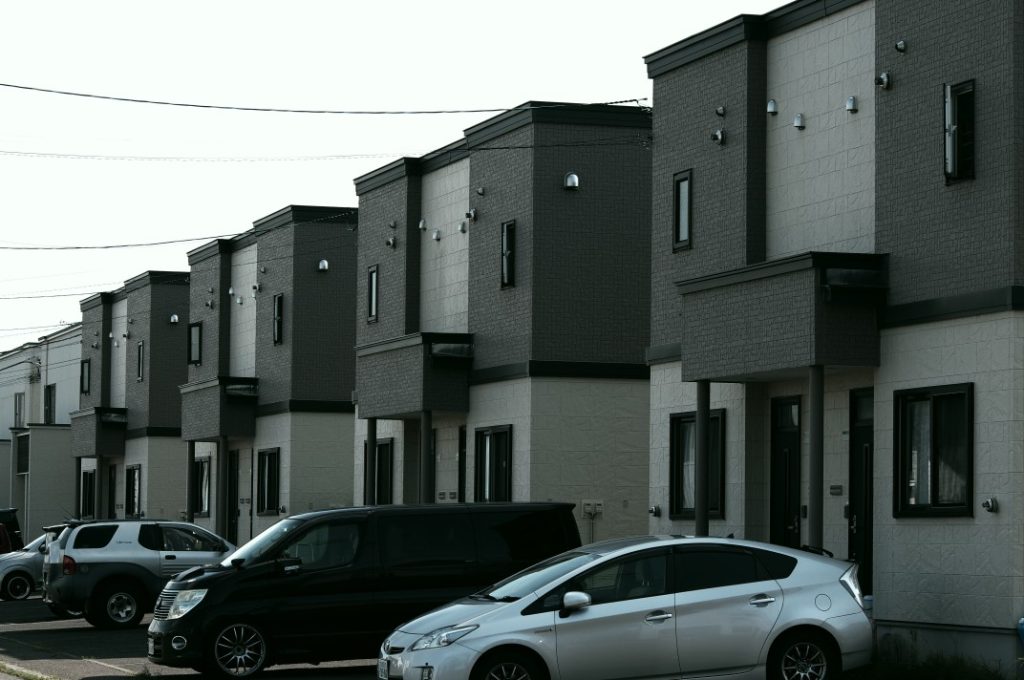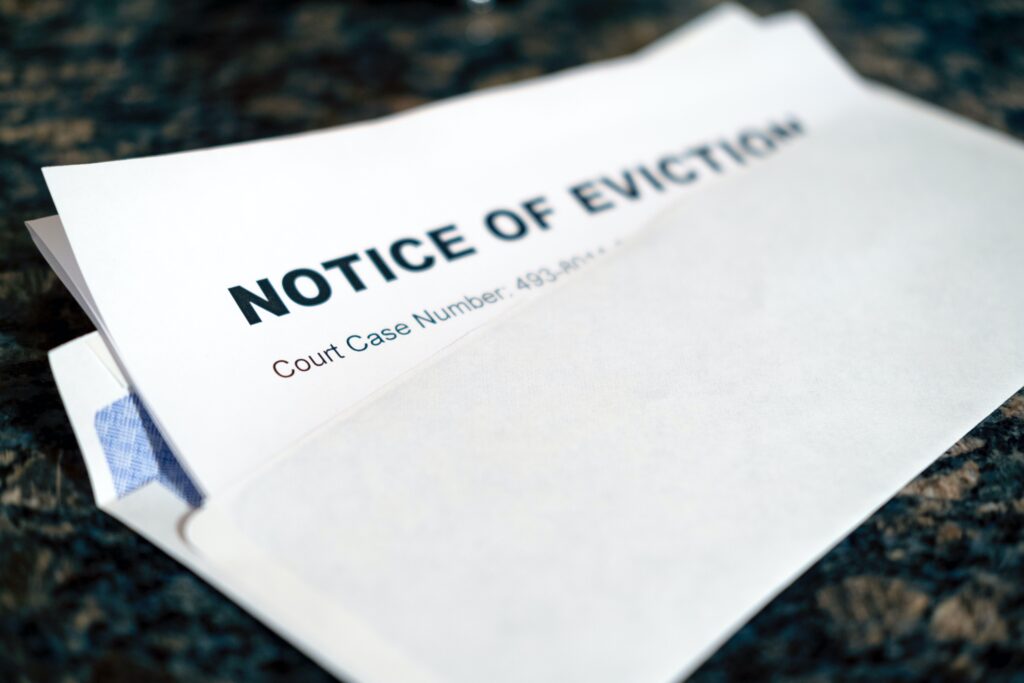Tenants in the UK choosing to rent privately are not pressing landlords for necessary repairs as they fear they will be evicted if they do so. Research has found that some 41% of tenants, equating to roughly 1.85 million households have waited longer than they ought to for landlords to carry out a repair in the last four years. It goes without saying that living in a home in a poor condition is not only an inconvenience but it can also impact on people’s health. The problem could be a broken window, broken lock, hot water outage, a leak, or faulty electricals, however, whatever it may be, tenants are forgoing complaining to landlords amid eviction fears.
Over the last 12 months, Citizens Advice has helped people with over 16,000 problems around the private rented sector homes in poor condition, and it is also highlighted that landlords in the private rented sector have a legal responsibility to fix a problem within a reasonable time frame. This is usually in less than four weeks and in serious cases, within 24 hours.
When tenants wait longer than is deemed reasonable, a court can order a landlord to fix the problem, or even award financial compensation. However, research suggests that tenants are not holding their landlord to account following concerns that it may cause them to lose their home. A total of 57% of tenants eligible for compensation said they did not want to force the issue due to fears of being evicted. It was also found that 51% were concerned that their landlord would increase their rent if they continued to complain.
One method that tenants can use to ensure their landlord carries out a report whilst simultaneously protecting themselves from eviction is by obtaining a notice from the council’s Environmental Health Team. However, this is only applicable when there is a serious health and safety issue, such as a structural fault or electrical fault. Unfortunately this means that renters with less serious issues are unprotected from retaliatory action from their landlord. Tenants are also turning down other options for redress because of cost, time and difficulties involved. Of the number of people who could get compensation, just 1% take their case to court. Rather than pressing the issue with their landlord, or taking formal action, many tenants take matters into their own hands by carrying out and paying for repairs themselves. Owing to this, Citizens Advice is calling for better protection against retaliatory evictions by issuing independent complaint bodies, or rather, ADR schemes across the private rented sector.
Just 0.005% of privately rented homes are covered by an independent ADR scheme, thus Citizens Advice are calling for the Government to make membership compulsory, as well guaranteed protection from losing their home while their case is looked at for tenants.
Rent is often the most expensive costs households face, but protections available for renters simply just do not reflect this. The new Conservative and DUP partnership need to kick off their tenure as a coalition government by making it easier for people to have their rights enforced when their home is in poor condition. The redress process must also afford renters with protection from any retaliatory action by landlords. This will mean that tenants will feel able to report a problem in their home and will not feel like their only option is to use their own funds.








